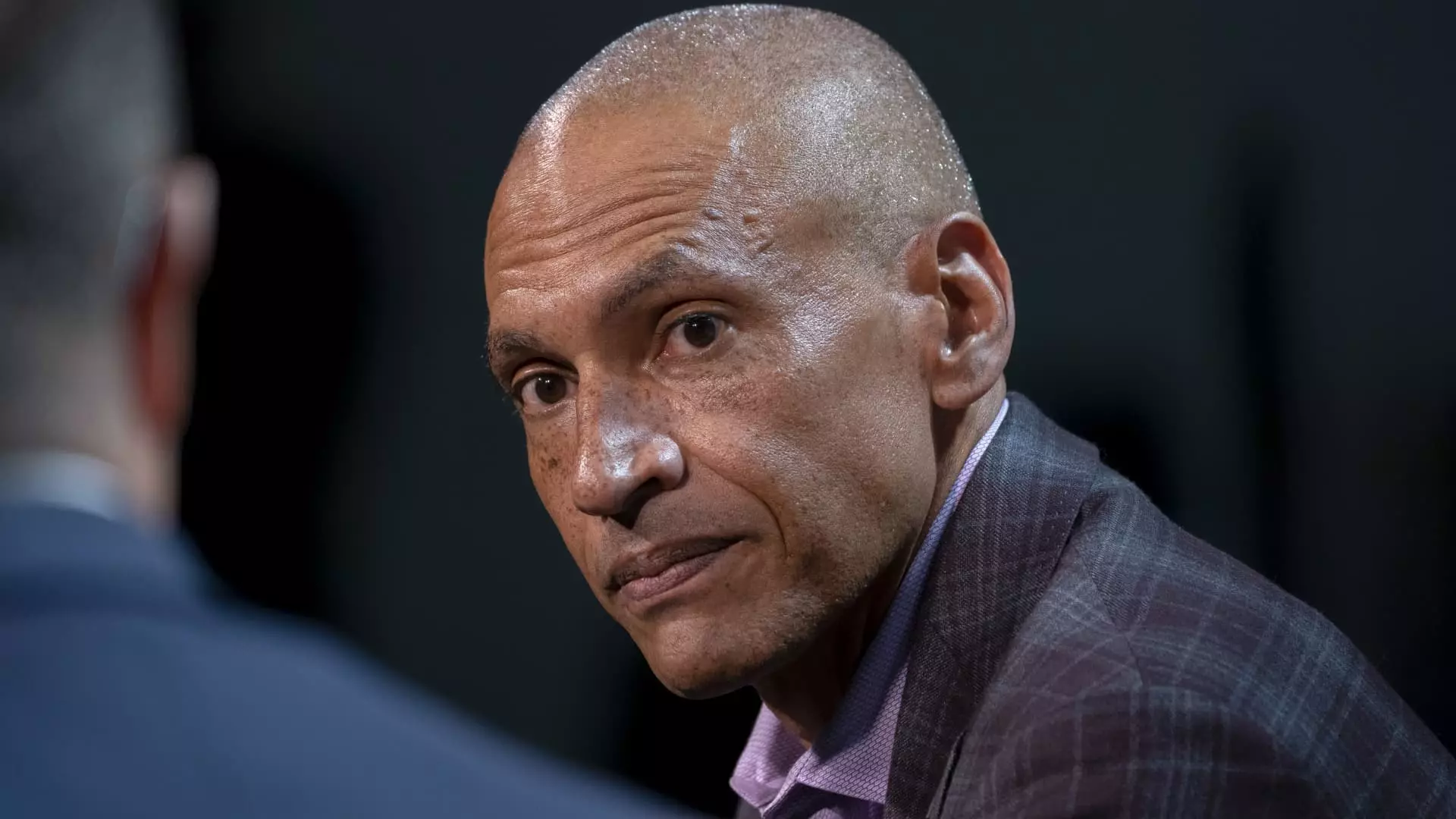Microsoft has officially announced the resignation of Chris Young, its head of business development, after four impactful years in the role. His departure marks a significant shift for the tech giant, especially considering Young’s instrumental role in key acquisitions and strategic partnerships, including the $68.7 billion deal for Activision Blizzard. As one of the most visible figures in the company, the absence of a successor at this pivotal juncture raises questions about the future direction of Microsoft’s business initiatives.
Young joined Microsoft in 2020, following a notable tenure as CEO of McAfee where he significantly led the company in its divestiture from Intel. His experience also encompasses senior roles at both Cisco and RSA, solidifying his credentials as a seasoned business development leader. At Microsoft, he was not just a leader but also a prominent figure on the senior leadership team, working closely with CEO Satya Nadella and other top executives. His presence at the helm of business development allowed for a cohesive strategy, significantly impacting Microsoft’s growth trajectory during a time fraught with competition and technological advancement.
According to regulatory filings, Young was one of the highest-paid executives at Microsoft, with a total compensation of $12 million for the 2024 fiscal year. His tenure saw the growth of M12, Microsoft’s corporate venture capital unit, which nurtured innovative startups and sought to enhance the company’s portfolio in emerging technologies. The operational synergy between M12 and Microsoft became a focal point for nurturing valuable partnerships and fostering new business opportunities, which could face challenges in Young’s absence.
Beyond M12, Young’s strategic insights were pivotal in fostering partnerships with leading companies, including the significant expansion of Microsoft’s relationship with OpenAI and its advertising collaboration with Netflix. These relationships not only underscored Microsoft’s interests in artificial intelligence but also highlighted its ambitions in the entertainment sector. Young’s insight was critical in navigating these complex negotiations, shaping Microsoft’s path toward becoming a leader in both the technology and gaming landscapes.
In a LinkedIn post, Young expressed gratitude for his time at Microsoft and hinted at a return to his entrepreneurial roots—although he left the specifics of his future endeavors under wraps. This announcement raises speculation about potential exits from other tech firms; for example, Amazon has recently paused some of its Diversity, Equity, and Inclusion (DEI) initiatives, and Meta has seen cancellations within its DEI framework. Young’s commitment to diversity and inclusion was recognized as vital within the Microsoft culture and could play a role in shaping the company’s policies post-resignation.
Chris Young’s resignation could herald a new chapter for Microsoft as it confronts the leadership vacuum left in the wake of his departure. His contributions have been substantial, both in terms of financial acumen and thought leadership surrounding diversity in technology. As Microsoft gears up for its next chapters in business development and innovation, stakeholders will be observing the company’s strategies and appointments closely, ensuring that momentum is not lost in this critical phase of transformation and growth.

